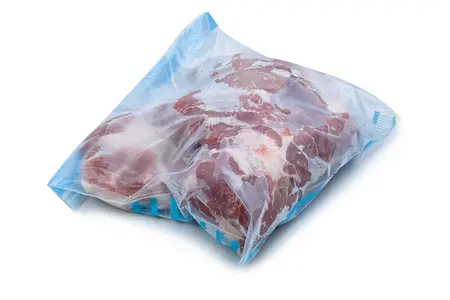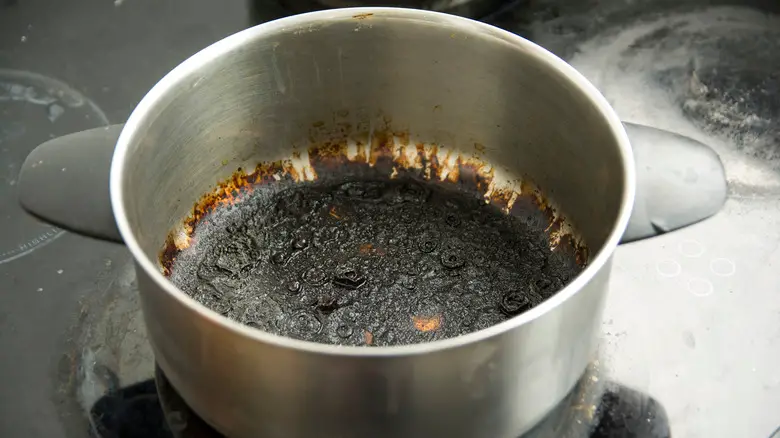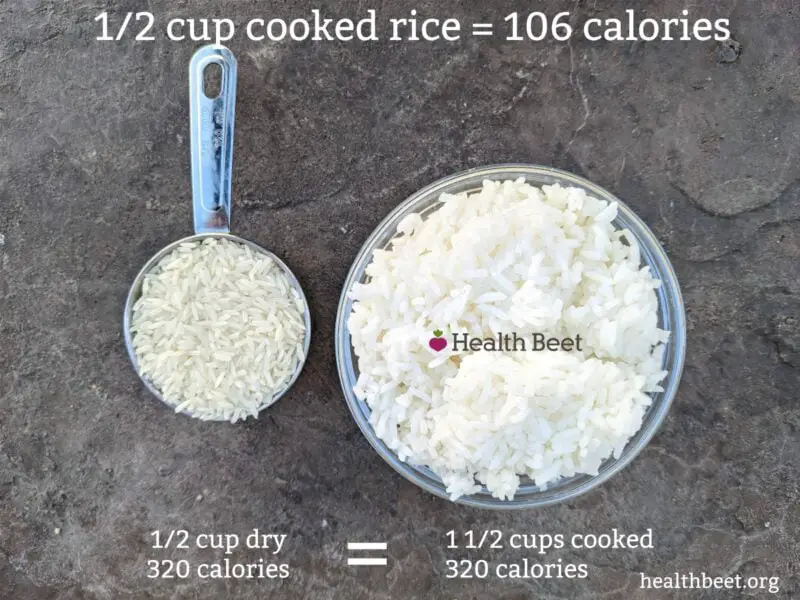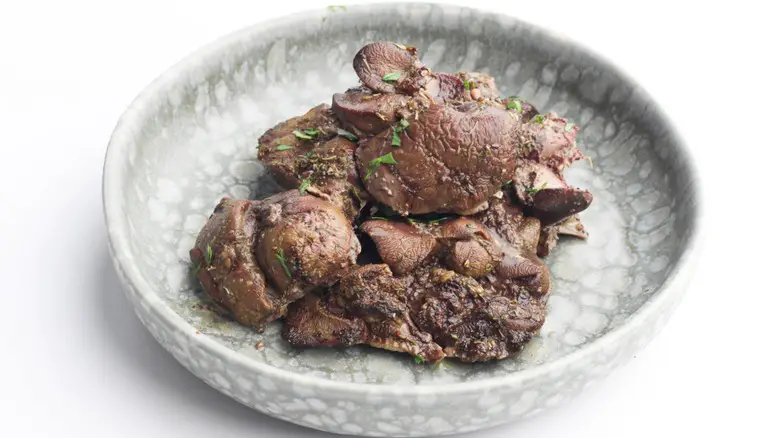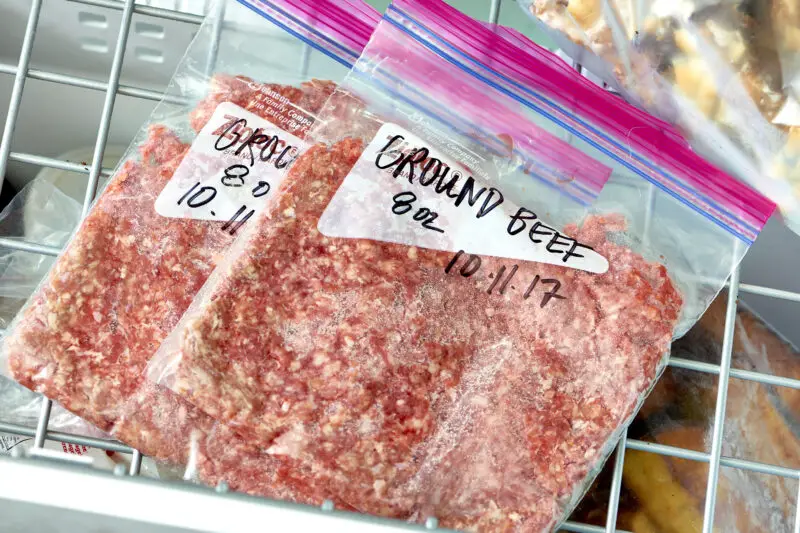Is it Better to Freeze Raw or Cooked Beef?
Welcome to our guide on the question everyone wants to know: is it better to freeze raw or cooked beef? With food budgets getting tighter and tighter, many people are looking for ways to save money, cut down on waste, and enjoy nutritious meals without spending too much time in the kitchen. Freezing food is a great way to do all of these things. It’s an ideal solution for busy families who want to prepare meals in advance, and for those who want to take advantage of bulk purchases when meat is on sale.
But with all the conflicting advice out there on freezing meat, it can be hard to know where to start. Should you freeze your beef raw or cooked? What are the benefits and drawbacks of each method? How does freezing affect the texture and flavor of your meat?
In this article, we’ll explore these questions and more, providing you with the knowledge you need to make informed decisions about food storage. We’ll start by explaining the science behind freezing meat before moving on to factors you should consider when freezing beef. This will include temperature and timing considerations, packaging and storage options, the risk of freezer burn, and proper thawing methods.
The Science Behind Freezing Meat
Before we dive into the best practices for freezing beef, let’s take a moment to explore the science behind this process. Freezing food is essentially a way of slowing down microbial growth and other factors that cause food spoilage. When meat is exposed to temperatures below 0 degrees Fahrenheit (-18 degrees Celsius), the water inside its cells freezes into ice crystals. This halts enzymatic activity in the meat, which causes it to spoil over time.
But while freezing can help preserve your beef for longer periods of time, it also comes with some downsides. The freezing process can impact the texture and flavor of your meat, as we’ll explore in the next section.
Factors to Consider When Freezing Beef
If you’re looking to freeze beef, there are several factors you should be aware of to ensure optimal results. These include temperature and timing considerations, packaging and storage options, the risk of freezer burn, and proper thawing methods. Let’s take a closer look at each of these factors below.
Temperature and Timing Considerations
The ideal temperature for freezing beef is 0 degrees Fahrenheit (-18 degrees Celsius) or lower. This will help prevent bacterial growth while keeping your meat fresh for longer periods of time. It’s also important to freeze beef as quickly as possible to minimize damage to its texture and flavor. For best results, try to freeze your beef within one hour of purchasing or cooking it.
Packaging and Storage Options
The type of packaging you use when freezing beef can make a big difference in how well your meat retains its flavor and texture. Some good options include vacuum-sealed bags, freezer paper, and heavy-duty plastic containers. Be sure to choose a package that is airtight and moisture-resistant to prevent freezer burn.
When it comes to storing frozen beef, be sure to stack your packages in a way that allows for even freezing. Leave some space between the packages so that the cold air can circulate around each piece of meat. You’ll also want to label each package with the date it was frozen so that you can keep track of how long it’s been in your freezer.
Risk of Freezer Burn
Freezer burn is a common problem when freezing food, including beef. This occurs when the surface of your meat is exposed to air, causing it to dry out and become discolored. To avoid freezer burn, be sure to wrap your meat tightly in an airtight package or container.
Proper Thawing Methods
When it comes time to use your frozen beef, it’s important to thaw it properly to ensure food safety and maintain its flavor and texture. The best way to do this is by placing the frozen meat in the refrigerator and letting it thaw slowly over a period of 24-48 hours. If you’re in a hurry, you can also thaw your beef in cold water or using a microwave on a defrost setting.
Raw vs. Cooked Beef: Which is Better to Freeze?
Now that we’ve covered the basics of freezing beef, let’s turn our attention to the question at hand: should you freeze your beef raw or cooked? The answer depends on your personal preferences and how you plan to use your meat when you’re ready to cook it.
Benefits and Drawbacks of Freezing Raw Beef
Many people prefer to freeze their beef raw because it gives them more flexibility when it comes to cooking. Raw beef can be used for a variety of different recipes, from stews and casseroles to burgers and meatballs. It’s also possible that freezing beef while still uncooked preserves some of the nutrients of the food.
However, there are also risks associated with freezing raw meat. If not properly stored, raw beef can become contaminated with harmful bacteria like E.coli or Salmonella. Additionally, if not packaged correctly before freezing, there is a risk of freezer burn or other damage that can impact the texture and taste of your meat.
What to Consider When Freezing Cooked Beef
If you prefer to freeze your beef after it’s cooked, there are a few things to keep in mind. First, not all cuts of meat are created equal when it comes to freezing. Some cuts, like roast beef or brisket, can stand up well to the freezer and still retain their flavor and texture. Other cuts may become tough or dry after freezing.
Another factor to consider is the type of seasoning or marinade you use on your beef before cooking it. Certain spices and seasonings can be affected by the freezing process and may alter the flavor of your meat once thawed.
To avoid these issues, consider using plain seasonings like salt and pepper if you plan to freeze your beef after cooking it. You should also try to cool your cooked beef as quickly as possible before wrapping it tightly and placing it in the freezer.
Tips for Proper Food Storage
Freezing is just one part of proper food storage. To ensure that your beef and other foods stay fresh and safe to eat, follow these general guidelines:
- Always refrigerate perishable foods like raw meat within two hours of purchase or preparation.
- Avoid storing raw meat near other foods that aren’t going to be cooked. This can prevent cross-contamination.
- Cook all meats to their proper internal temperature (for example, 160 degrees Fahrenheit for ground beef) to kill harmful bacteria.
- Store leftovers in airtight containers in the refrigerator or freezer within two hours of preparation.
- Check expiration dates on all packaged foods, including frozen meats, before consuming them.
Frequently Asked Questions (FAQs)
Is it safe to refreeze meat after it has been thawed?
It’s generally not recommended to refreeze meat that has been thawed. This can increase the risk of bacterial growth and make your meat spoil faster. If you need to refreeze your meat for any reason, be sure to do so as quickly as possible and in a way that minimizes the risk of foodborne illness.
Can you freeze beef that has already been frozen once?
If beef has been previously frozen and then thawed, it should not be refrozen. This can lead to a higher risk of bacterial growth and also impact the texture and flavor of your meat.
How long can you safely freeze beef for?
The length of time you can safely freeze beef depends on a variety of factors, including the cut of meat, how well it was packaged and stored, and the temperature of your freezer. As a general rule, most cuts of beef should be consumed within three to four months of being frozen.
Conclusion
So there you have it – everything you need to know about freezing beef! Whether you prefer to freeze your meat raw or cooked, following these best practices can help you prepare delicious meals while minimizing waste and saving money. Remember to always use safe handling practices when working with raw or cooked meats, and choose packaging and storage options that will keep your food fresh and flavorful during freezing. Happy cooking!
Will freezing raw beef affect its taste and texture?
Freezing raw beef will not affect its taste or texture if it is wrapped properly to prevent freezer burn. In fact, freezing will help lock in the flavor and freshness of the beef for longer periods.
Is it safe to freeze cooked beef?
Yes, it is safe to freeze cooked beef. However, ensure that the beef has been cooled down to room temperature before placing it in the freezer to prevent the growth of harmful bacteria.
Which type of beef is best suited for freezing?
Any cut of beef can be frozen, but certain cuts like roasts, steaks, and ground beef are more suitable as they hold up well during the freezing process and maintain their flavor and texture.
How long can I store frozen beef?
Frozen beef can be stored for up to 6 months without losing its quality or flavor. It is essential to keep the beef in an airtight container or wrap it tightly in a freezer-safe wrap or bag to prevent freezer burn. Always label the packaging with the date to keep track of how long it has been frozen.
